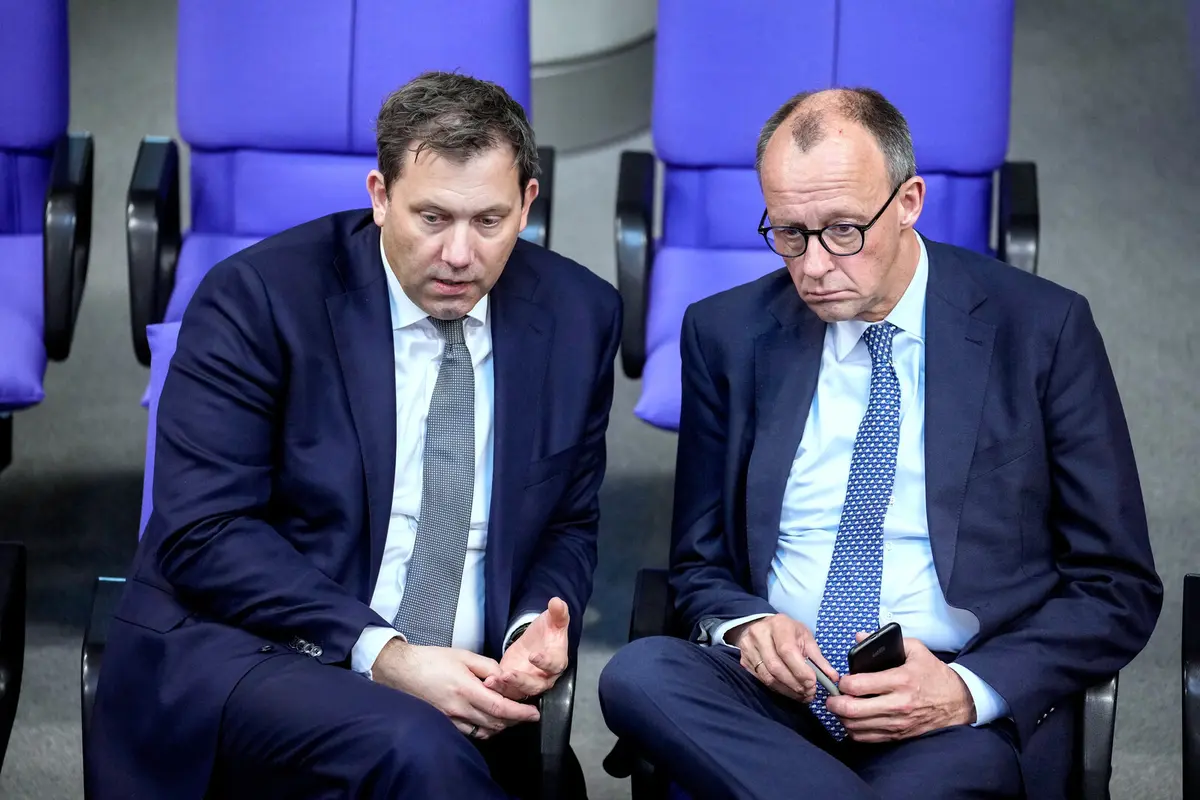One and a half months after the election, the negotiations between Germany's Christian Democrats and Social Democrats have reached their goal. With a coalition agreement in place, election winner Friedrich Merz will now succeed Social Democrat Olaf Scholz as Federal Chancellor, which is expected to happen at the beginning of May.
We have conducted coalition talks in a situation with growing global political tensions, says the CDU leader at a press conference, and specifically mentions the Russian war of aggression against Ukraine and the "enormous" economic uncertainty.
Sweden a role model
The incoming government will now aim to make Germany "more stable, safer, and economically stronger", promises Merz.
Beyond the previously known massive investments in infrastructure and defense, he points to an agreement to strengthen German competitiveness, lower taxes, and implement a turnaround in migration policy. Among other things, he mentions stricter border controls and a "deportation offensive", as well as stricter rules for citizenship.
Merz also highlights Sweden as a role model when it comes to strengthening German defense.
We want to strengthen military service according to the Swedish model, he says, but notes that it initially involves voluntary service and not a regular military service, which has been discussed recently.
To be approved by members
CDU/CSU will, in addition to the Chancellor's post, according to German media, get to appoint the Interior and Foreign Ministers, while the SPD will control the Finance, Defense, and Justice Departments.
It will take some time before the new leadership can take over Europe's largest economy. Both parties must approve the agreement in votes, and in the SPD's case, all party members will get to vote. This will prolong the process.






